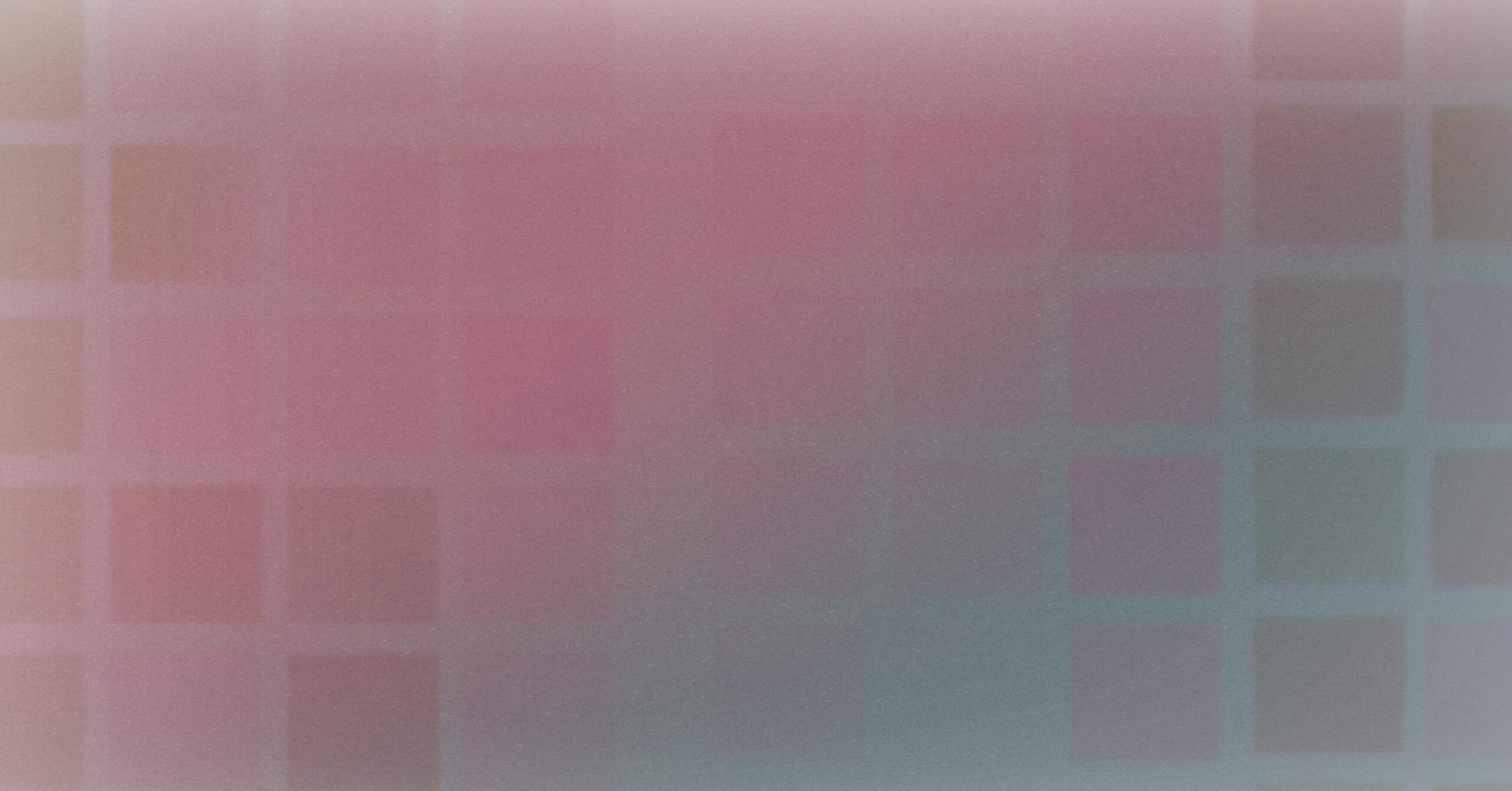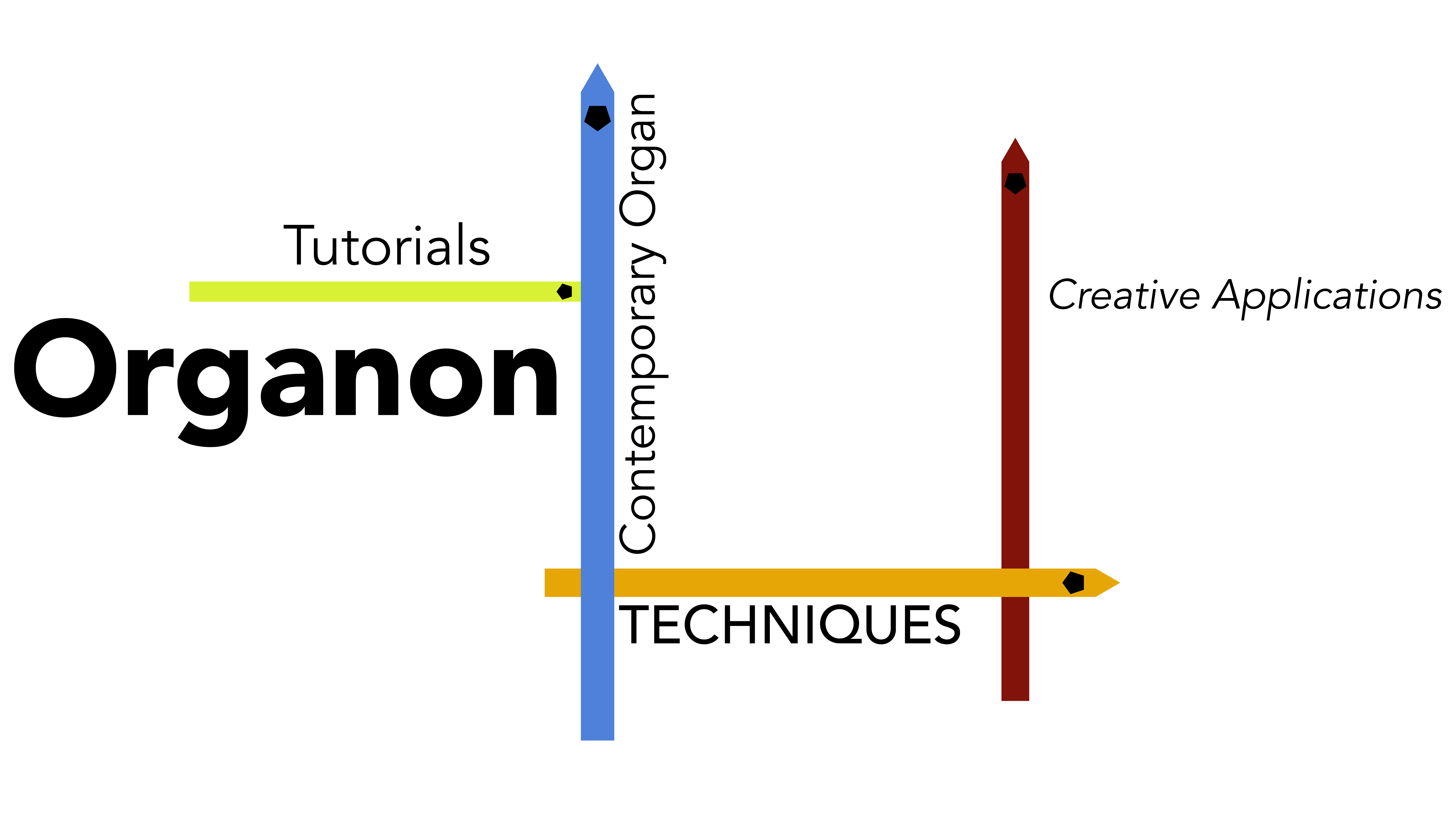For the 4th “Enharmonic Interfaces and Controllers for Keyboard Instruments”
Special Edition: Extending the Organ’s Potential
at the University of Music and Performing Arts Vienna
12-13 December, 2025
CALL FOR ABSTRACTS
We invite submissions for presentations at the 4th Annual Symposium on Enharmonic Interfaces and Controllers for Keyboard Instruments, with a special focus this year on Extending the Organ’s Potential. The symposium aims to highlight new artistic and research-driven approaches to organ performance, instrument design, and musical expression.
We welcome abstracts of up to 300 words for 20-minute presentations in a variety of formats, including:
- Traditional research papers
- Lecture-demonstrations
- Creative or artistic presentations
- Concert-demonstrations
Submissions should address – but are not limited to – one or more of the following themes:
Topics of Interest:
- Hyper-organs and networked organ systems
- Alternative tuning systems and dynamic temperaments
- Extended or reconfigurable organ layouts
- New performance techniques for contemporary organ works
- Augmented interfaces for historical and modern organs
- Organ-building innovations enabling microtonality and enharmonicity
We particularly encourage interdisciplinary approaches that connect instrument building, composition, performance, acoustics, music theory, history and technology.
Submission Information
All abstracts must be submitted via the online form no later than 15 September 2025. Please ensure that your submission is performance-ready. Selected composers will be notified in October 2025.
If you have any questions regarding the symposium or proposal suitability, feel free to contact us:
Please submit your abstracts via this Google Form
CALL FOR SCORES
We are pleased to invite composers to submit works for performance at the 4th Annual Symposium on Enharmonic Interfaces and Controllers for Keyboard Instruments, with a special focus on Extending the Organ’s Potential. Selected works will be featured during the symposium concerts held at the MDW (University of Music and Performing Arts Vienna) on December 12–13, 2025.
Instrument Categories & Guidelines
The concerts will take place in St. Ursula church. The link below gives detailed information about the organs available (3 in total).
https://www.mdw.ac.at/iok/die-orgeln-des-instituts
If you would like to write for a different organ available at the organ institut, please contact the organizers. If enough people ask for a specific organ we might be able to accommodate your request.
Option 1: Mechanical Organ (Solo)
We welcome compositions of 5–15 minutes for solo mechanical organs.
Option 2: Enharmonic Organ with Frescobaldi2 Extension
The Frescobaldi2 system enhances a standard digital organ by adding five split keys per octave (for up to 17 keys total), allowing for microtonal exploration and extended tuning systems.
We invite submissions of short works (5–15 minutes) for solo performance on this enhanced instrument, using the extended mean-tone tuning (1/4 comma temperament, or alternate temperaments on request). The tuning table is provided below:
If you would like to explore alternate temperaments or tunings, please contact the organizers in advance.
Frescobaldi2 standard, split-key tuning:
Newly added keys in bold
1/4 comma temperament (other temperaments available, composers please get in touch for more information)
Tuning in cents away from C:
C 0c
C# 76c
Db 117c
D 193c
D# 269c
Eb 310c
E 386c
F 503c
F# 579c
Gb 621c
G 697c
G# 773c
Ab 814
A 890c
A# 965c
Bb 1007c
B 1083c
Option 3: Duo for Mechanical Organ and Enharmonic Organ (Frescobaldi2)
We invite works of 5–15 minutes for duo: mechanical organ and enharmonic organ with Frescobaldi2. Composers should consider the unique expressive capabilities of both instruments and their tuning/tactile interfaces.
Option 4: Duo for two Mechanical Organs
We invite works of 5-15 minutes for mechanical organ duo (St. Ursula only – see link above for available instruments). Composers should consider the unique expressive capabilities of the different organs in St. Ursula, especially the difference in tunings between the instruments.
To get a visual of the original prototype of the Frescobaldi2 and to hear it in performance:
2024: https://www.youtube.com/playlist?list=PL-0jRwu33pSjptpie6ZGrrCO7g7mniwQl
2023: https://youtube.com/playlist?list=PL-0jRwu33pShW1N2T1TddDzIgWtVLtKHE&si=FT36aG9TbrYwtxj3
2022: https://youtube.com/playlist?list=PL-0jRwu33pSiUslnNqvsIvfQ5ErVCKkSk&si=QfvppMb1YsAew3Ur
If you have questions please E-Mail:
Please submit all finished compositions and sketches via this Google Form
Note for international participants:
We are happy to provide official letters of acceptance to support visa applications or secure travel funding.
About the symposium
The “Enharmonic Interfaces and Controllers for Keyboard Instruments” symposium, established in 2022, first showcased early models of attachable split key systems and software enhancements that expanded tuning system performance possibilities for keyboard instruments. Held at the University of Music and Performing Arts Graz in Graz, Austria—a city renowned for its microtonal exploration and innovation in new music—this symposium features concerts, discussions, presentations, and workshops. It serves as a platform to explore the boundaries of instrumental possibility and performance practice in microtonality, especially through the use of computer music tools and techniques.
About Organon
Organon, consisting of Klaus Lang, Alyssa Aska, Martin Ritter, and Pablo Abelardo Mariña Montalvo, was founded in 2021 with the primary mission of providing information, tools, and resources for composers of organ music. The group recognized a lack of general and easily usable information about the organ for composers, which limits the development of a robust body of works for the instrument. The group therefore also seeks to further develop the organ’s rolein a broader contemporary music context. Originally these educational resources consisted of texts, images, short video tutorials, and recordings. The group has also participated in research projects to develop expansions to the organ itself, including the Frescobaldi 2 enharmonic keyboard enhancement. They also founded a specialized conference in Graz, Enharmonic interfaces and controllers for keyboard instruments, at which they presented their work as well as that of others. Organon has presented their research at the University of Dramatic and Performing Arts Graz and Harvard University as a group, and all of the members are very active and involved composers and/or researchers.
// https://zeitschleife-verlag.com/Verein/
If you have questions please E-Mail:
This research was funded in whole or in part by the
Austrian Science Fund (FWF) 10.55776/ART8035524.



